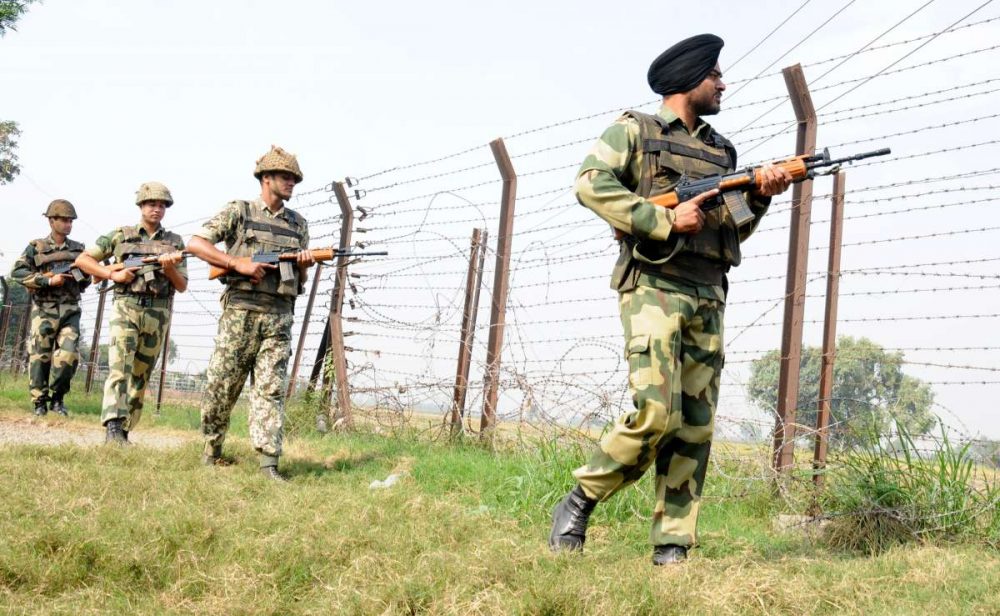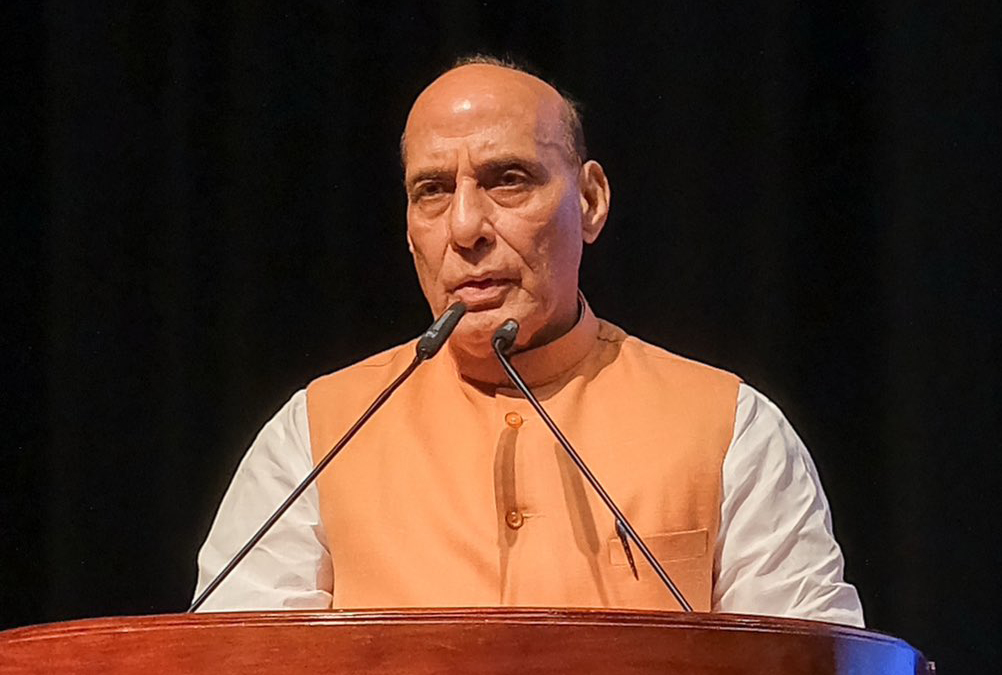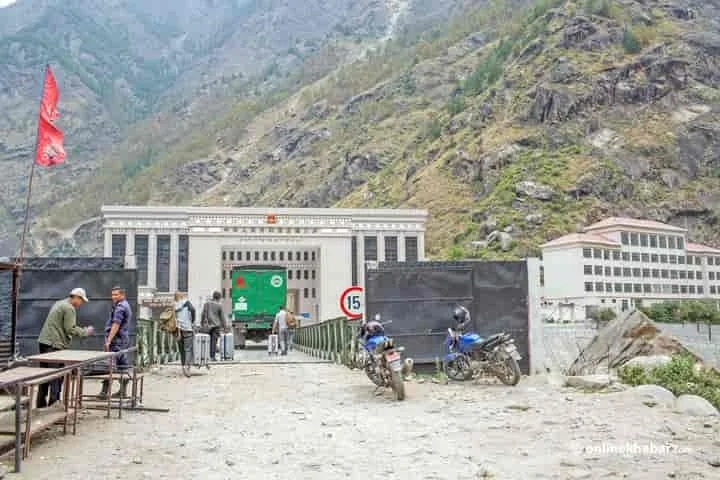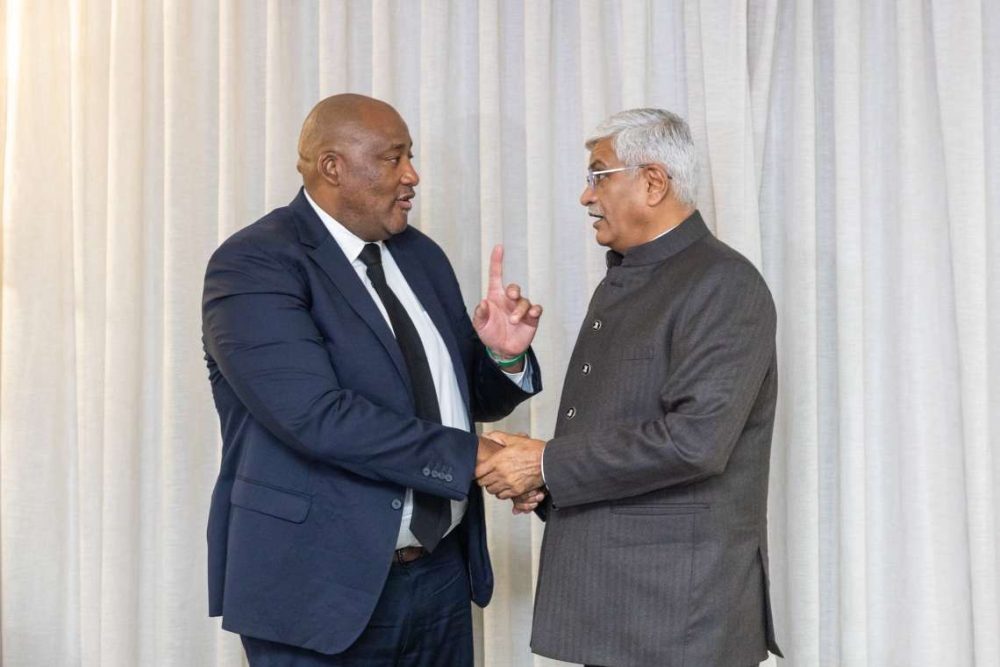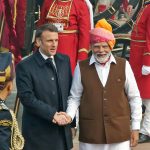The defiant mood of the people of Pakistan occupied Jammu and Kashmir and those who live in Gilgit-Baltistan is presenting India with another opportunity to intervene and liberate us, writes Amjad Ayub Mirza
Since the 1947 war between India and Pakistan, there have been many occasions that could be described as missed opportunities. Before I talk about any seized opportunities, I would like to delve into the missed ones first.
When Pakistan launched an unprovoked attack on the state of Jammu and Kashmir on the fateful night of October 22, 1947, the state had not yet acceded to India. However, after realising that the only way to save the population of the state from the wrath of the invaders was to seek military help from India, Maharaja Hari Singh was left with no choice but to sign the instrument of accession with the then Governor General of India, Lord Mount Batten.
On October 27, 1947 all Indian aircrafts including commercial airliners were requisitioned to the task of transporting Indian troops to Srinagar, the capital of the besieged state of Jammu and Kashmir.
At the time the foreign invaders were just four miles away from the capital Srinagar. Yet the Indian troops pushed the invaders back liberating dozens of villages and cities from Pakistani occupation where Pakistani troops had conducted genocidal murder of large populations.
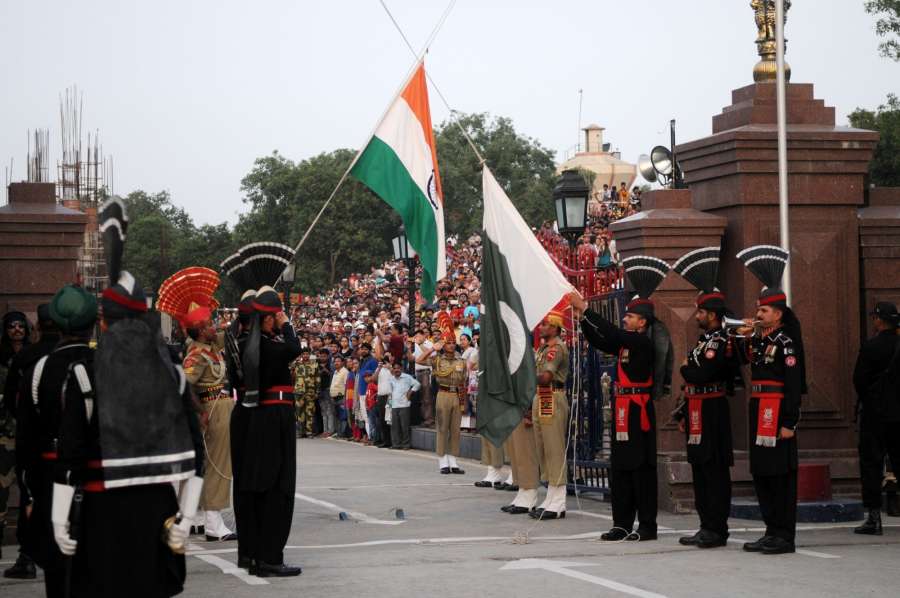
It seemed as if the whole of the state that had come under attack from Pakistan would now be conclusively liberated by Indian troops which obviously included most of the western part of the then Jammu province and the Gilgit Agency.
However, in November the swift advance of the Indian troops came to an abrupt halt as a result of which the above mentioned territories stayed under Pakistani occupation and remain so to date.
This was the first major lost opportunity to regain 48,467 square miles of state territory that had legally become Indian territories.
The fate of the people living under occupation was sealed when on December 31, 1948 a ceasefire was ordered by the United Nations Security Council. India signed a ceasefire agreement on the behest of Lord Mount Batten and the first Indian Prime minister Jawaharlal Nehru.
In August 1965, Pakistan once again launched Operation Gibraltar against the Indian territory of Jammu and Kashmir. On August 5, 1965, 20,000 to 30,000 Pakistani troops infiltrated into Jammu and Kashmir crossing through the porous border across the cease fire line.
They wore plain clothes to disguise themselves as locals and their aim was to fake a popular uprising. Operation Gibraltar failed miserably as the local population did not take the bait. Hence, Pakistan lost.
The 1965 war had presented India with a second opportunity to extend a full scale war into Pakistan occupied Jammu and Kashmir and liberate our territories. However, a ceasefire was brokered by the USA and the then Soviet Union and yet another opportunity to regain our territory was lost.
The third war fought between India and Pakistan was during the fall of 1971. This did help to weaken the enemy by liberating East Pakistan from Pakistan military occupation but India did not liberate its own territories that were under the occupation of Pakistan.
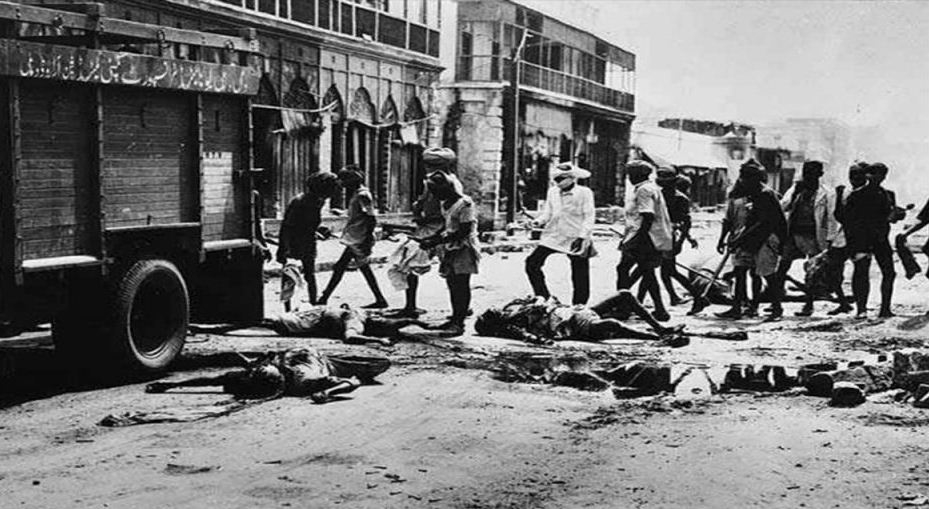
The then Indian government of Indira Gandhi failed to negotiate a confederation with Bangladesh that could have provided a great opportunity to undo partition of India and regain what was lost during the partition of the Indian sub-continent in 1947.
The fourth war between India and Pakistan was fought between May 3 and July 26, 1999. It is known as the Kargil war. One should bear in mind that India has never attacked Pakistan, on the contrary it always has been Pakistan that has infiltrated and attacked India.
During the Kargil war, Pakistani troops dressed as Kashmiri militants infiltrated into Kargil in Ladakh, which neighbours Pakistan occupied Gilgit-Baltistan.
When local shepherds raised the alarm, a platoon of Indian soldiers braved to confront the invaders but were captured and mercilessly killed by the Pakistan troops.
India defeated Pakistan and won the Kargil war on July 26, 1999 but the occupied territory of Gilgit-Baltistan was once again left under the occupation of Pakistan. A golden opportunity to liberate the Indian territory of Gilgit-Baltistan was thus lost.
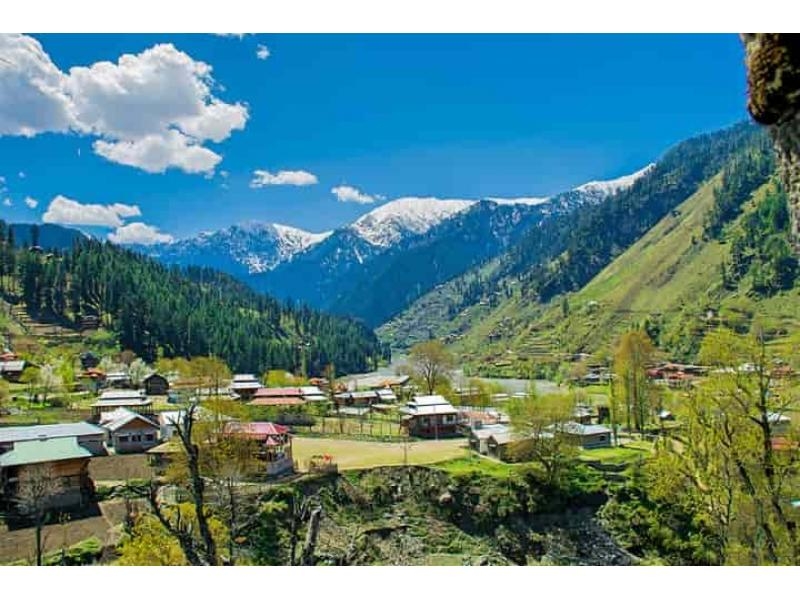
Today, the territories that belong to India remain under the illegal occupation of Pakistan. The relation between the locals living under Pakistani occupation and the state of Pakistan is that of slave and master. Yet, my people are brave enough to refuse to subjugate and have continuously been protesting against the economic plunder, political curbs on freedom of expression and forceful occupation.
Just to give my reader a perspective of how things are right, now I would like to inform that on November 25, the day that Mirpur massacre of the Hindus and Sikhs began, Gilgit-Baltistan Awami Action Committee will be staging protests against cuts in subsidies, revenue act, load shedding and cuts in wheat subsidies at 14 points in Gilgit city alone.
The defiant mood of the people of Pakistan occupied Jammu and Kashmir and those who live in Gilgit-Baltistan is presenting India with another opportunity to intervene and liberate us.
It would not be wise to let this opportunity wither away and should not be ignored. Instead, this is the time to seize the opportunity and regain our lost territories. By seizing the opportunity presented to us by the resilient people of occupied territories we will be able to remedy all the lost opportunities of yesteryears.
(Dr Amjad Ayub Mirza is an author and a human rights activist from Mirpur. He currently lives in exile in the UK. The views expressed are personal)


